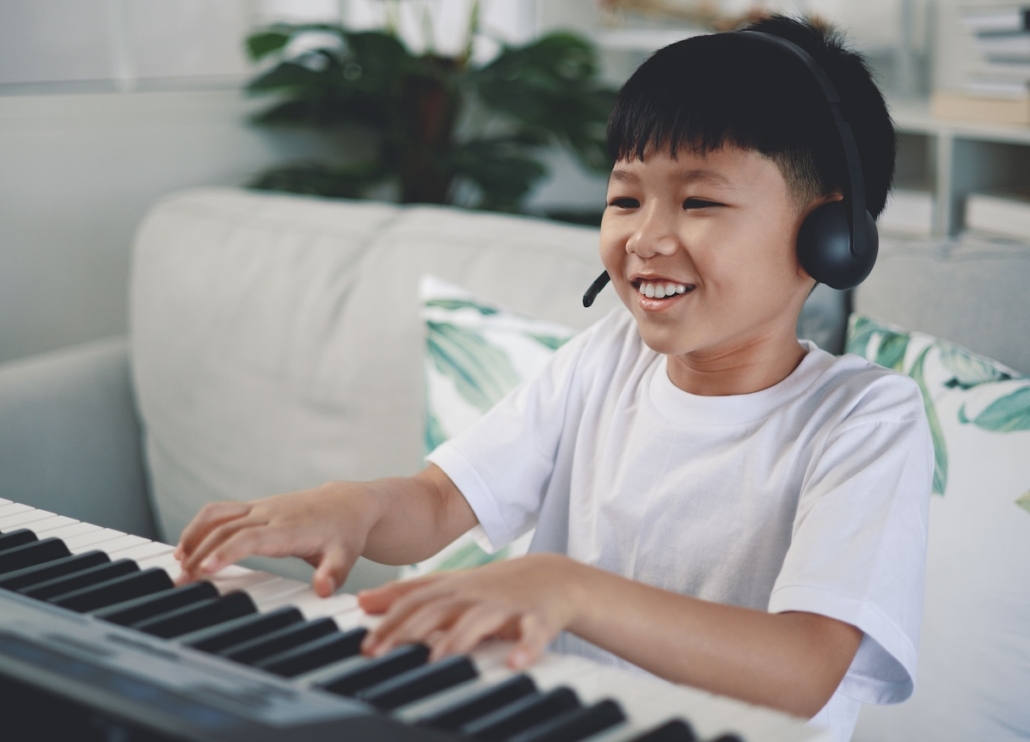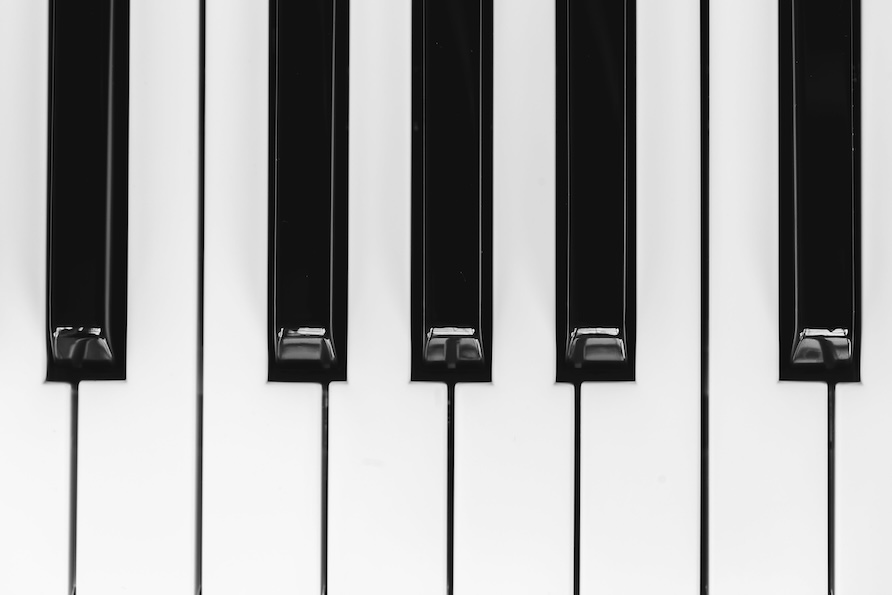How much do you need to practice? It’s a question we hear often. In this blog, NY Piano School will discuss quality vs. quantity, and how much practice you will likely need at your level. For information about our piano lessons in the Upper West Side, get in touch! We help students in our studio, online, and in student homes throughout NYC.
Is 1 Hour of Piano Per Day Enough?
Yes, one hour of piano practice each day is plenty for most people aiming to achieve a high level of skill. For beginners, even 20-30 minutes can make a big difference, while professionals often practice several hours each day to maintain their repertoire and master complex pieces. The key, however, is the quality of your practice. An hour spent effectively, with focused, structured exercises, is worth far more than two or three hours of unfocused repetition. When your practice is intentional and deliberate, an hour can bring excellent results over time.
What Do We Mean by Quality vs. Quantity?
When it comes to effective practice, quality trumps quantity every time. Practicing without a plan or repeating pieces without focus can lead to bad habits, sloppy technique, and slow progress. One common issue is simply repeating the same mistakes or poor technique over and over, reinforcing errors rather than correcting them. To make the most of your hour, approach practice in small, deliberate segments.
A good practice strategy is to break pieces down into smaller sections, focusing on one chunk at a time. Begin at a slow tempo and concentrate on playing each note accurately and with good technique. Slowly increase the tempo as you gain confidence, but continue to avoid rushing. Playing at a slower pace also helps your brain and muscles absorb each movement, improving muscle memory.
Setting aside part of your hour for scales, arpeggios, and exercises in different articulations like slurs and staccatos is also essential. These basics strengthen your fingers, improve accuracy, and build a foundation for smooth, expressive playing. A balanced practice routine, with time allocated to technique, sight-reading, and new material, supports growth across all aspects of piano playing.
Beginners May Need as Little as 20 Minutes per Day
For beginners, 20 to 30 minutes of practice each day is typically enough to build a strong foundation without overwhelming them. Early practice sessions focus on building endurance, getting familiar with the keys, and learning basic notes and rhythms. During these short sessions, beginners should concentrate on the material assigned by their teachers, taking time to understand hand positioning, simple melodies, and introductory techniques.
As a beginner, the goal is to develop comfort at the piano, improve coordination, and avoid burnout. Consistent short sessions work best to establish the basic habits and confidence needed to move into longer, more complex practice sessions as skills advance. For young students especially, regular but shorter sessions allow them to progress without losing focus or motivation.

The Harder the Music, the More Practice You Need
When advancing to more challenging music, practice sessions typically lengthen. Harder pieces require more time to dissect, and advanced music is often broken into even smaller segments to drill difficult passages. Complex pieces demand intense focus on tricky rhythms, challenging hand positions, and memory work, all of which require dedicated, consistent practice.
Working on harder pieces also involves interpretation and analysis. Each section of music may convey a different emotion or dynamic, and pianists work to bring out these subtleties, developing a more polished and expressive performance. While an hour per day may still be sufficient, it often becomes necessary to add additional time to work through challenging sections slowly and with focus. The more complex the music, the more likely you’ll need to incorporate memory work and even mental practice—visualizing hand movements and passages without touching the piano.
Professionals Need Several Hours Per Day
For professional musicians, several hours of daily practice are often required to keep up with performance demands, maintain repertoire, and prepare for new pieces. Professionals often break their practice into multiple shorter sessions to avoid fatigue and maintain focus. Practicing for extended hours also allows for a deeper exploration of musical interpretation, helping performers deliver the expressiveness audiences expect.
Professional pianists often work with highly complex compositions and require time for technique drills and exercises that maintain finger strength and flexibility. They also refine minute details such as touch, tone, and dynamics, making practice sessions more than a simple review of music. Given the demands of their work, many professionals include deliberate mental breaks to help with mental focus and avoid physical strain.

Remember – Quality Practice in Small 20-30 Minute Increments is Best
Regardless of experience level, quality practice in shorter bursts tends to yield the best results. Aiming for concentrated, 20- to 30-minute segments lets you focus fully, minimize fatigue, and retain what you’re learning. Dividing an hour into two or three segments keeps each part fresh and focused, and it allows you to absorb material better than practicing for long stretches. Renowned piano instructor Dr. Noa Kageyama recommends breaking practice into smaller increments, as it leads to improved memory retention and a more disciplined approach to building new skills.
So, is one hour per day enough to make significant progress? Absolutely. But it’s essential to fill that hour with deliberate practice. By concentrating on technique, breaking music into small sections, and practicing with intention, you can make steady, impressive progress over time. Regular, focused practice builds not only technical skill but also confidence, enjoyment, and a true appreciation for the beauty of music.
If you are ready to jump into professional piano lessons in NYC, please get in touch. We’d love to help you reach your goals.


